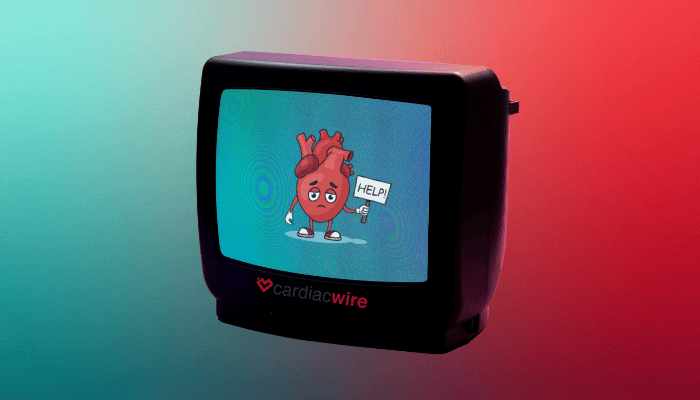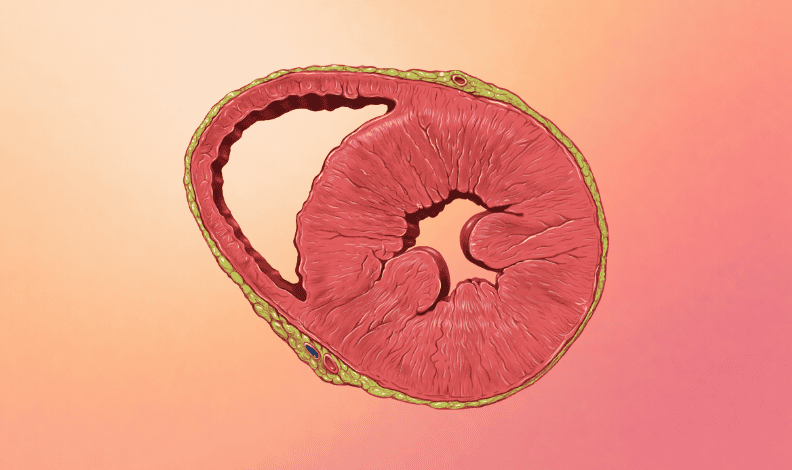Israeli heart pump startup Magenta Medical wrapped up a $105M financing round to advance clinical programs supporting its Elevate left ventricular assist device, a percutaneous heart pump that Magenta believes could disrupt the mechanical circulatory support (MCS) segment.
The miniature Elevate device is folded and delivered percutaneously through the femoral artery (8 Fr inner diameter, 10 Fr sheath), passing through the aorta and aortic valve, before self-expanding in patients’ hearts where it controls blood flow (surpassing 5 L/min of mean flow, 8L/min peak).
- Elevate would become the world’s smallest heart pump, and the most powerful transcatheter pump, even smaller/stronger than Abiomed’s Impella (9 Fr, 4-6 L/min flow).
- More importantly, it could make the Elevate pump applicable to all MCS conditions, eliminating the need for device escalations and unnecessary/invasive surgical replacements.
That potential has helped Magenta raise over $200M across five rounds so far, including a $55M round in May 2023, which have funded the Elevate pump’s mounting clinical evidence:
- Magenta Medical has already gained Breakthrough Device Designation and completed a successful feasibility trial.
The new funding will now support Magenta’s U.S. clinical programs across a range of MCS indications, and its efforts to seek FDA approval for patients undergoing high-risk PCIs (with other indications likely coming after).
You can see why Magenta and its VC investors are bullish, considering the device’s smallest/strongest credentials, the heart pump market’s projected growth, Magenta’s co-founders’ track record (their previous heart valve startup sold to Medtronic for $350M), and Abiomed’s massive $16.6B acquisition by J&J.
- Even Abiomed, who most view as Magenta’s primary heart pump competitor, was an early investor in Magenta Medical back in 2017.
The Takeaway
Although Magenta Medical still has a lot to prove, and its path towards commercial adoption is unlikely to be straightforward, the Elevate pump’s potential to disrupt the MCS market makes this small and mighty device worth keeping an eye on.





